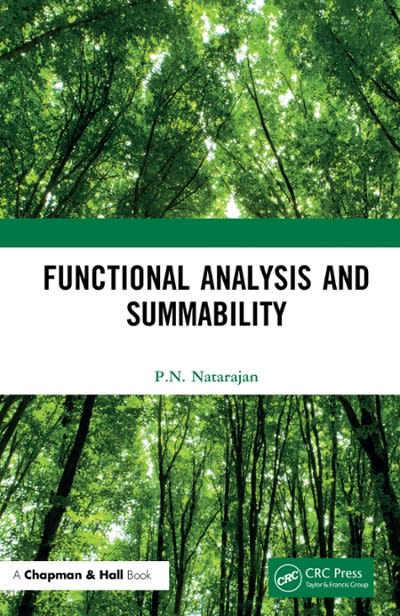Question
1.K+ is the molecule that is found in most abundance in cells. It in like manner has the best permeability through cell film and as
1.K+ is the molecule that is found in most abundance in cells. It in like manner has the best permeability through cell film and as needs be, it is siphoned speedier than some other molecule through the cell layer by unique or dormant vehicle.
2. The vacuole H+-ATPase siphon and the vacuole H+-phosphatase siphon are film proteins on the vacuole layer that helps in the powerful vehicle of H+ particles inside the vacuole. With the hydrolysis of one ATP molecule, two H+ particles can go through the H+-ATPase siphon.
3. The conformational change of mechano-gated channels depend upon mechanical forces that are applied to the film. These mechanical forces, for instance, stretch pressing factor controls the channel to open the pathway for the vehicle of particles and solutes.
4. Hypertonic course of action; If a plant cell is placed in a hypertonic medium, its volume pulls back as the water diffuses out of the cell through the cell divider. The plasma film pulls from the incorporating cell divider.
5. Hypotonic game plan; When the intermingling of solute in the course of action is more imperative than that of cell inside, it is called hypertonic plan. Right when the assembly of solute in the plan is more noticeable than that of cell inside, it is called hypotonic course of action.
6. Paraspeckles are eccentric framed sub-nuclear compartments which are record subordinate. Paraspeckles evaporate without RNA polemerase II record and the whole of its connected protein parts structure a sickle formed perinucleolar cap in the nucleolus.
7. Nuclear spots, in like manner called as uniting specks are subnuclear structures that are progressed in pre-messenger RNA joining factors and are arranged in the interchromatin locale of the nucleoplasm. The joining factors help in the uniting of snRNPs and other uniting proteins that are essential for pre-mRNA taking care of.
8. Kremer bodies, in any case called Promyelocytic leukemia bodies (PML bodies) are roundabout structure related nuclear bodies. Their specific occupation in not yet known anyway their work in ongenesis and viral sickness is unavoidable.
9. Promyelocytic leukemia bodies (PML bodies) are round bodies that are found spread all through the nucleoplasm and are around 0.1-1.0 m. They are also known by different names like nuclear space 10 (ND10), Kremer bodies, PML oncogenic territories and besides nuclear spots.
10. Cajal bodies re sub-nuclear insignificant plans with estimation between 0.2-2.0 micrometers, dependent upon the species. They are overwhelmingly related to RNA blend and helps in RNA-related metabolic cycles like snRNPs biogenesis, advancement and reusing, histone mRNA taking care of and telomere support.
Step by Step Solution
There are 3 Steps involved in it
Step: 1

Get Instant Access to Expert-Tailored Solutions
See step-by-step solutions with expert insights and AI powered tools for academic success
Step: 2

Step: 3

Ace Your Homework with AI
Get the answers you need in no time with our AI-driven, step-by-step assistance
Get Started


